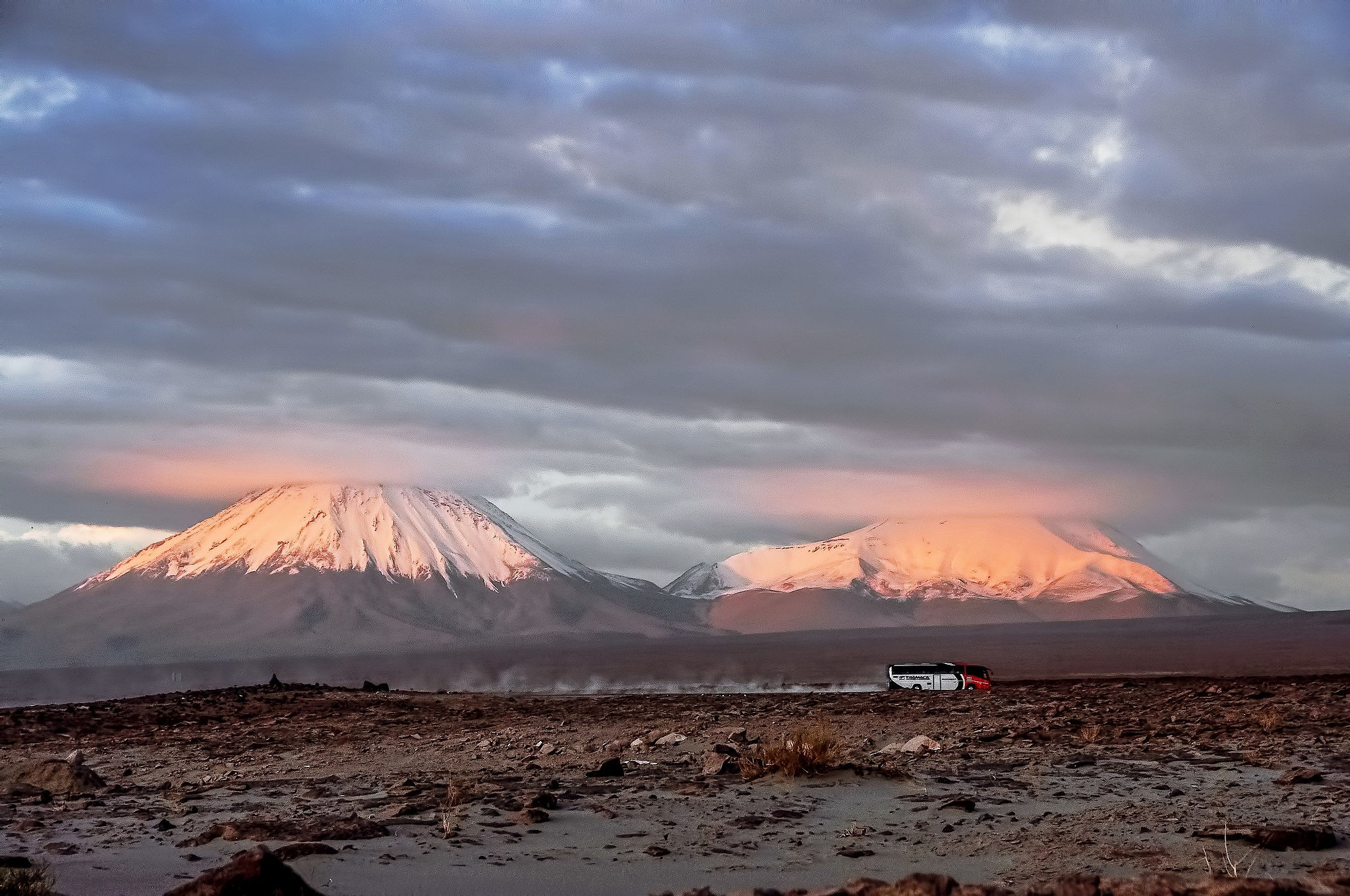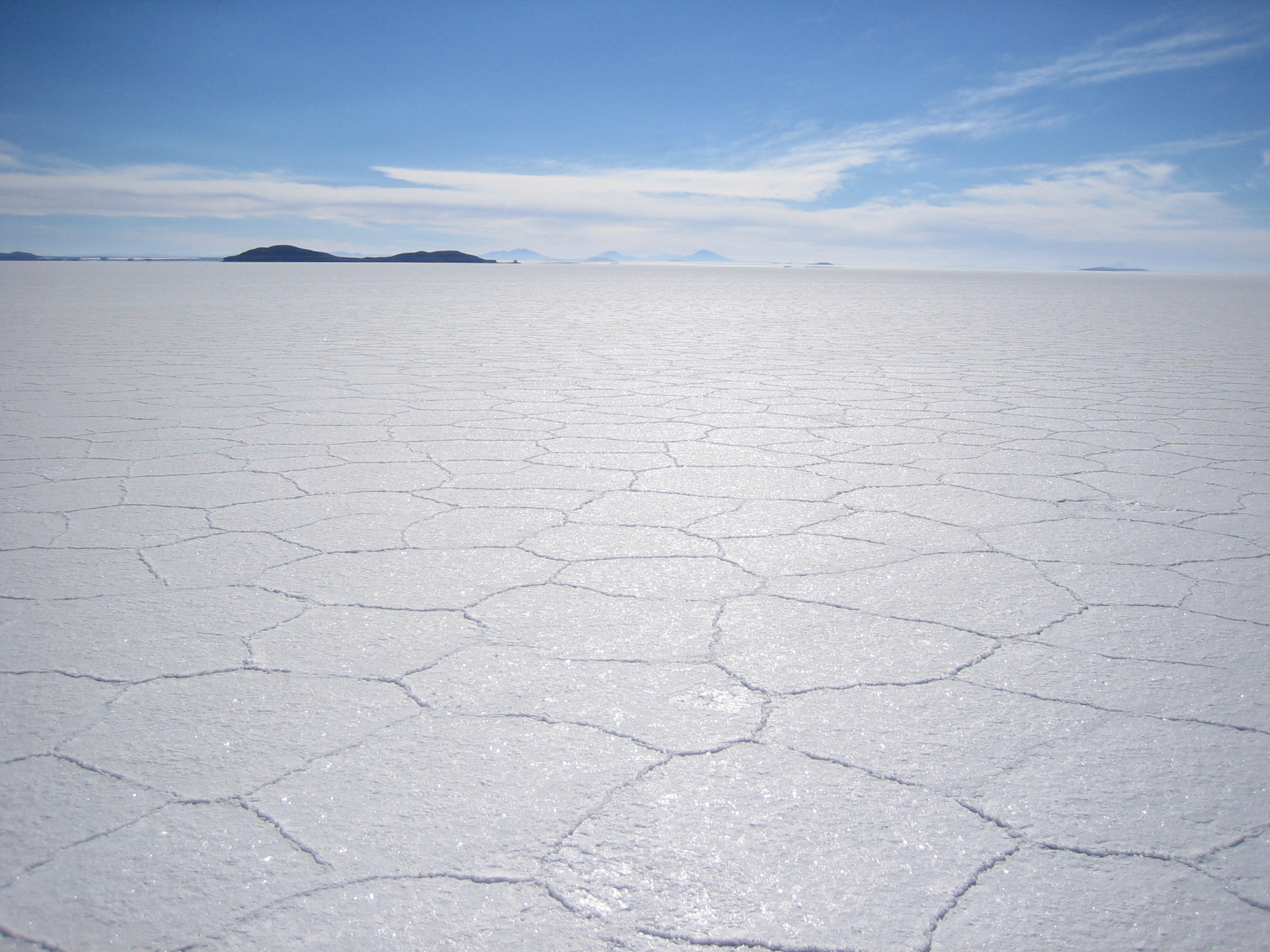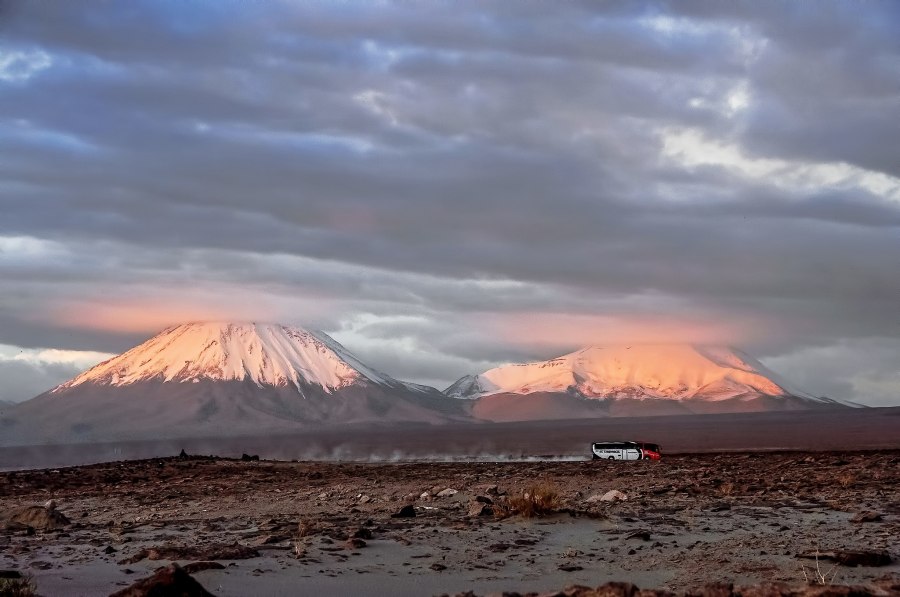
Here is a complete guide on the essential things to bring to Bolivia and what to pack, whether you are traveling to La Paz or Santa Cruz; in the altiplano or the jungle.
Warm clothes/Layers
Some parts of the country are warmer but if you are traveling by bus, especially night buses, it can get very cold despite having a heating system. Most buses (semi lie-flat and lie-flat) have it but be aware that sometimes drivers might not put it on or it may not work. Be prepared as temperatures get very low!
The opposite is also true in the warmer parts of the country where it can get really hot. So if you are traveling to Santa Cruz from La Paz in bus, prepare layers as the weather will go from cold to hot during the journey.
Waterproof clothing
As mentioned above, the summer months (between November and March) are the rainy seasons, rains may make traveling difficult, if not impossible, and it can rain at any time, in any part of the country. You can carry an umbrella in the city, but if hiking, better to pack for Bolivia waterproof clothing at any time, and layers. The rain can be unpredictable and be accompanied by a sudden change in temperature.
Altitude sickness medication
If landing in La Paz from sea level, or any place of lower altitude, it is essential to take some time to acclimatize. Especially considering that journeys to La Paz are often long and tiring, and accompanied with jet lag. It usually takes 2 or 3 days to acclimatize and longer if one plans to travel to a higher altitude and to hike.
The only way to help prevent altitude sickness is by taking Acetazolamide (Diamox) which is prescribed by your doctor and should be taken a few days before arriving. Altitude sickness varies depending on the individual and you may not need anything. Most of the time, that’s the case. But in case your time is limited or you have experienced altitude sickness before, do ask your doctor about it.
Vaccination card
You’ll need the Yellow Fever vaccination if you are traveling to Bolivia. You may not be asked to show it when entering the country but it may be asked at a later time, especially when trying to travel to other countries who request the yellow fever vaccination. Bolivia is listed as Yellow Fever high risk country, and without the certification, other countries may not let you in.
Plane tickets/proof of onward travel
When traveling to Bolivia you will have to show either a return ticket or a proof of onward travel. This may be asked if you need a visa to enter the country but it may also be asked by the migration officer when entering the country (some airlines may not let you board if you don’t have it). If you are unsure of your travel plans, you can always book online a bus ticket to Peru or Chile from La Paz, which can be amended or cancelled at a later time, depending on your plans.

Sunglasses
This is an absolute essential item to pack for Bolivia especially if going to the Salar de Uyuni. Not wearing sunglasses on the salt flat might permanently damage the eye and it is better to bring your own.
Flashlight
In case the power goes off but it’s also helpful at night, while doing the Uyuni 3-day tour, the second night doesn’t usually have electricity during the night. Also in night buses it can be useful to have a source of light if you drop something in the bus.
Wet wipes
Not just in Bolivia, but these are always useful when traveling long journeys and for freshening up after overnight buses.
Toilet paper
A good advice is to always carry toilet paper with you. Public toilets charge between 1 or 2 bolivianos and will provide you with a small amount of toilet paper but it’s good to have more on you, just in case. Don’t forget to put it in the bin, not the toilet.
Books
The scenery is beautiful wherever you are traveling in Bolivia but long-distance buses can be very long, especially during the daytime so don’t hesitate to bring a book or your kindle, or to have podcasts ready. Bus journeys in journey can take up to 20 hours.

